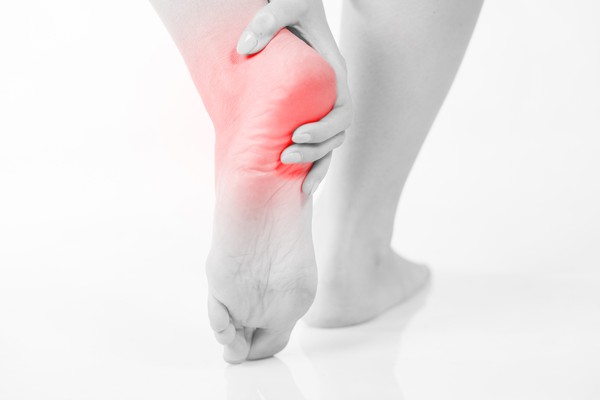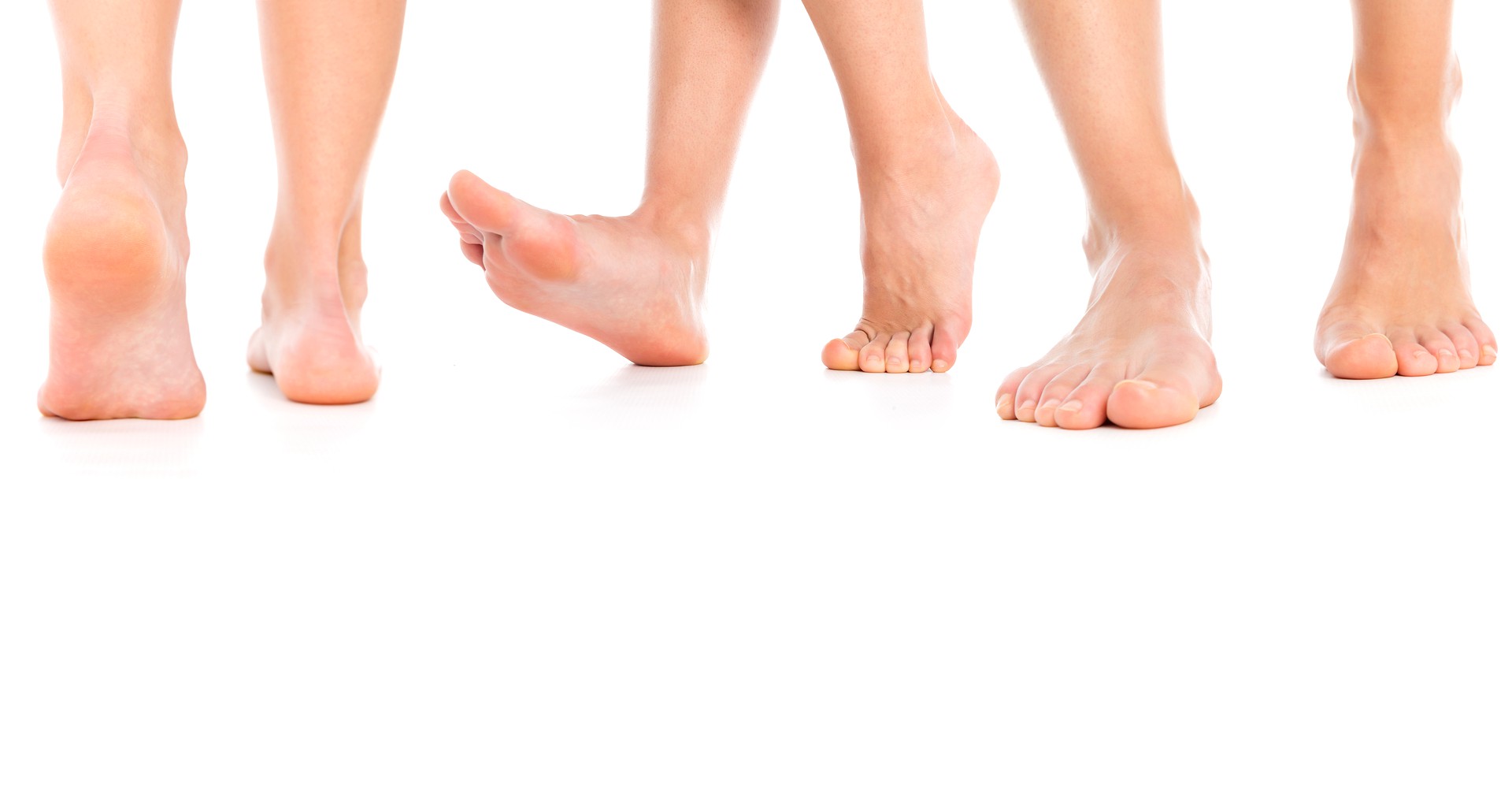The Foot Institute – Alberta
An Independent Associated Practice of Podiatric Physicians & Surgeons
TOLL FREE: 1-877-444-3668
Prolotherapy

Readers Note: Dr. R. Mandal from the Foot Institute is one of the leading authorities for this exciting new treatment. See the "Studies" section at the end of this article.
In simple terms, Prolotherapy causes a proliferation of new ligament or tendon growth in areas of the body where they have been damaged – this damage is often the cause of your pain or discomfort.
Ligaments are the structural "rubber bands" that hold bones together. When an injury fails to heal, ligaments can become weak (usually where they attach to the bone) and may not heal back to their original condition. This is largely because the blood supply to ligaments is limited - and therefore healing is slow and not always complete. If this weakness is not corrected, pain receptors are stimulated and you may feel pain in the area where the ligaments are damaged. Tendons (connect muscle to bone) may also become injured and cause pain in a similar fashion. ESWT or Radial Shockwave Therapy
Prolotherapy uses either glucose or another irritating solution which is injected close to the problem area. This causes a localized inflammatory response in the weak area which increases the blood supply and flow of nutrients to the area and further stimulates the tissue to repair itself by secreting new collagen via inflammatory mediators. The basic principle is to get the body to repair itself - an innate ability that the body has.
Prolotherapy Treatment
The treatment is useful for many different types of musculoskeletal pain including arthritis, back pain, neck pain, fibromyalgia, sports injuries, chronic tendonitis – partially torn tendons, ligaments and cartilage. Specifically Prolotherapy provided by Podiatrists can be beneficial in treating:
- Plantar Fasciitis
- Achilles Tendonitis
- Ankle Sprains
- Other
Treatment Time
The response to treatment varies from individual to individual and depends upon one's healing ability. The average number of treatments per problem area is 4-6. We require a medical evaluation be performed by one of our Podiatric Physicians specifically trained in this area, to determine if you are an appropriate candidate. At the Foot Institute, Dr. R. Mandal is currently the only Podiatric Physician offering this service. Once you begin treatment, your Podiatrist can access your condition and determine how you are responding to treatment.
Patient Assistance
All patients are asked to stop taking aspirin or NSAIDS (i.e. ibuprofen) one week prior to undergoing treatment as this will lessen the therapeutic effect of Prolotherapy. It is imperative that a limited amount of inflammation occur at the injury site to encourage new collagen production and to strengthen the tendon, ligament or cartilage that is damaged. For pain relief we recommend paracetamol and/or codeine. It is important that you discuss this with your Podiatrist and your Family Doctor before starting your Prolotherapy treatment. You can also speak to your health care provider about taking vitamins such as Vitamin C, Zinc and Manganese. These vitamins can help the uptake of the glucose used to speed up the therapeutic effect.
Studies
The following research based journal articles all support the use of prolotherapy for varying chronic ligament and tendon injuries:
- Tsatsos, G. & Mandal, R. Prolotherapy in the treatment of foot problems. Journal of the American Podiatric Medical Association, 92:366-368, 2002.
- Alfredson. H., Jonsson, P., Sunding, K., Fahlstrom, M., & Cook, J. New regimen for eccentric calf-muscle training in patients with chronic insertional Achilles tendinopathy: results of a pilot study. British Journal of Sports Medicine, 42:746-749 doi:10.1136/bjsm.2007.039545, 2009.
- Ryan, M. B., Wong, A, D., Gillies, J, D., Wong, J., & Taunton, J. E. Sonographically guided intratendinous injections of hyperosmolar dextrose/lidocaine: a pilot study for the treatment of chronic plantar fasciitis. British Journal of Sports Medicine, 43:303-306 doi:10.1136/bjsm.2008.050021, 2009.


